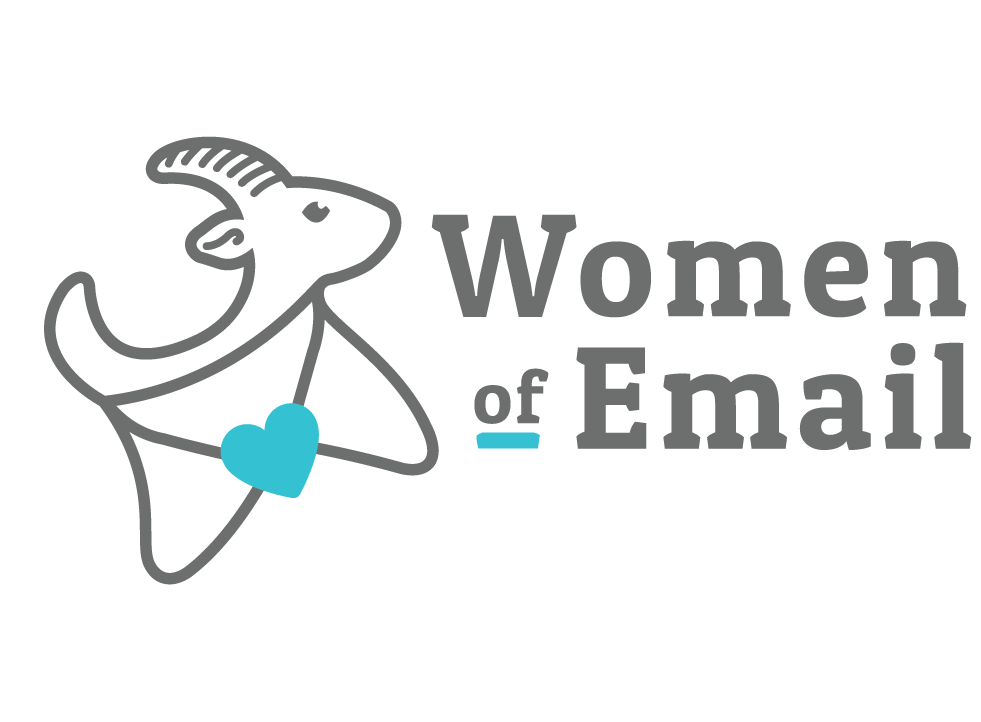ANTI-HARASSMENT RESOURCES FOR CONFERENCES & EVENTS
UPDATED 7/28/2020
The following serves as a collection of resources for a conference to use when forming an anti-harassment policy. It is a jumping-off point for understanding why you need a policy, what resources you might need to create your own policy, and what makes a solid anti-harassment policy.
Why does my conference need an anti-harassment policy?
“First, it is necessary (unfortunately). Harassment at conferences is incredibly common, [whether you are personally aware it is happening or not.] Second, it sets expectations for behavior at the conference. Simply having an anti-harassment policy can prevent harassment all by itself. Third, it encourages people to attend who have had bad experiences at other conferences. Finally, it gives conference staff instructions on how to handle harassment quickly, with the minimum amount of disruption or bad press for your conference.“
Your anti-harassment policy is not solely for addressing disputes; it tells the world who you are as a conference.
(source: http://geekfeminism.wikia.com/wiki/Conference_anti-harassment/Policy)
I’m pretty sure my conference/event doesn’t need one. We’re all professionals, it should be fine.
Just because you don’t see it or hear about it doesn’t mean it isn’t happening. According to a 2017 report, a majority (60%) of respondents said that they had experienced harassment at meetings in the last 24 months. Only a handful reported it at the time.
While we’d all like to believe people will act professionally when at a conference, some people see conferences as an opportunity to "cut loose" and behave badly because they are away from home and their normal social circle. Even if you personally wouldn’t harass someone, it doesn’t mean that’s the same situation for others. You still need a policy to signal both to potential harassers that behavior won’t be tolerated and to signal to others outside your organization that you are dedicated to creating a safe environment for all.
(source: https://www.eventmanagerblog.com/harassment-at-meetings)
Is an anti-harassment policy just to keep women safe?
NO. Many different people can suffer harassment. A good anti-harassment policy enforces a zero tolerance policy, regardless of gender, orientation, sex, age, ability, or race.
Where should my policy be posted?
At least:
- On your website
- In your conference program
- During registration
You may also want to add it to:
- Footers on any conference-related email you send
- Every talk or panel that occurs at your conference
Why does my policy need to be public?
“Anti-harassment policies aren't about punishment after the fact, they are about preventing harassment in the first place. They educate everyone in your community, set the tone of the conference, and make it far more likely you'll find out about harassment that does happen. They increase the variety and diversity of people at your conferences and widen the pool of talent to draw speakers from. But if your policy is private, the only effect it can have is after the harassment has already happened.
People will look to your anti-harassment policy to make a decision on whether they want to attend that conference or not. Having a public policy in place makes it clear that your organization takes harassment seriously and works to ensure everyone has a good time, but is safe in the process.”
A public policy can also prevent harassment before it happens, stop it more quickly if it does happen, and makes you more likely to receive reports if a situation does arise.
(source: http://geekfeminism.wikia.com/wiki/Why_anti-harassment_policies_should_be_public)
What should I include in my anti-harassment policy?
- Statement that the convention is dedicated to a harassment-free experience for everyone.
- Statement that the convention organizers do not tolerate harassment of conference participants in any form.
- Definition of harassment, which includes inappropriate and unwelcome comments, touching, attention, photography, stalking, and intimidating behavior. Also makes clear that this is not an exhaustive list, so no harasser can claim a “gray area.”
- Clear guidance on what victims can do in the event of harassment and how victims can file a complaint anonymously.
- Consequences for violating the code of conduct
- Statement that conference participants violating these rules may be sanctioned or expelled from the conference.
(source: https://adainitiative.org/continue-our-work/conference-policies/)
Can I just copy someone else’s anti-harassment policy?
http://geekfeminism.wikia.com/wiki/Conference_anti-harassment/Policy has a policy you can use to help write your own, but you should definitely make it specific to your event.
I have a policy written now, is there anything else I should be thinking about?
Be sure to have documentation and training for staff on how to handle complaints. The last thing you want is a clear policy, but no clear or established procedures on how to handle a complaint when one is received.
When taking a report from someone experiencing harassment you should record what they say and reassure them they are being taken seriously, but avoid making specific promises about what actions the organizers will take. Ask for any other information if the reporter has not volunteered it (such as time, place) but do not pressure them to provide it if they are reluctant.
Even if the report lacks important details such as the identity of the person taking the harassing actions, it should still be recorded and passed along to the appropriate staff member(s). If the reporter desires it, arrange for an escort by conference staff or a trusted person, contact a friend, and contact local law enforcement. Do not pressure the reporter to take any action if they do not want to do it. Respect the reporter's privacy by not sharing unnecessary details with others, especially individuals who were not involved with the situation or non-staff members.
Example Policies
http://www.cusid.ca/documents/official-documents/cusid-code-of-conduct-by-law/
https://aas.org/policies/anti-harassment-policy-aas-division-meetings-activities
https://www.diglib.org/about/code-of-conduct/
Additional Resources
https://www.pcma.org/heres-what-to-include-in-your-meetings-harassment-policy/
https://chroniclevitae.com/news/1182-should-academic-conferences-have-codes-of-conduct
